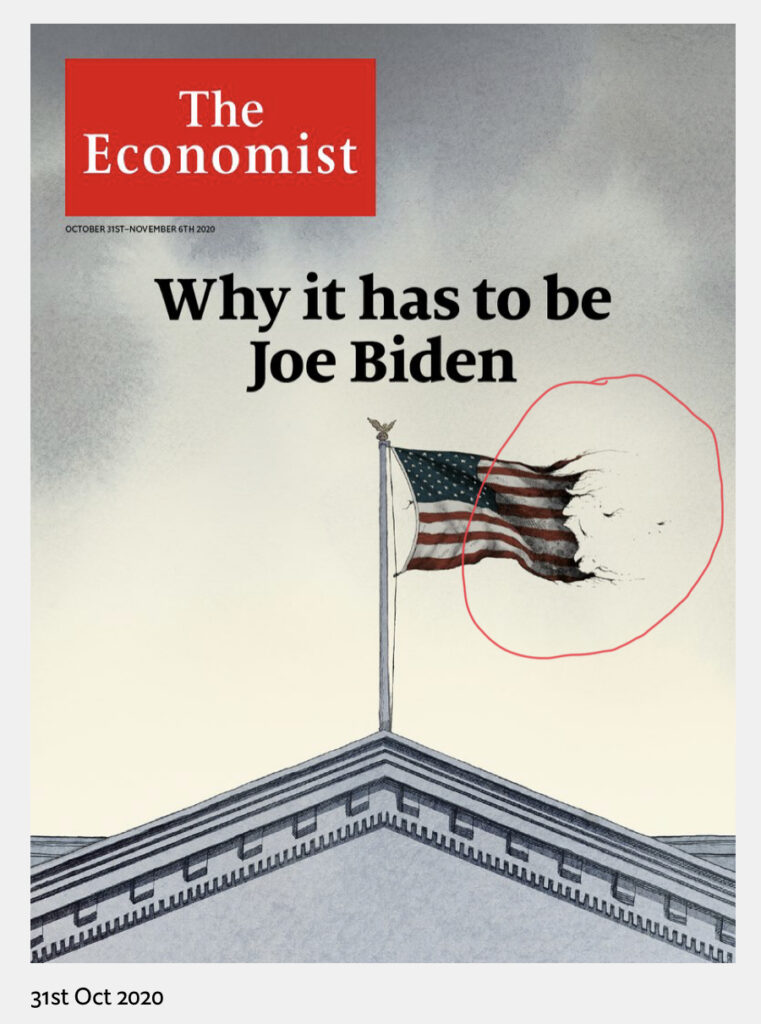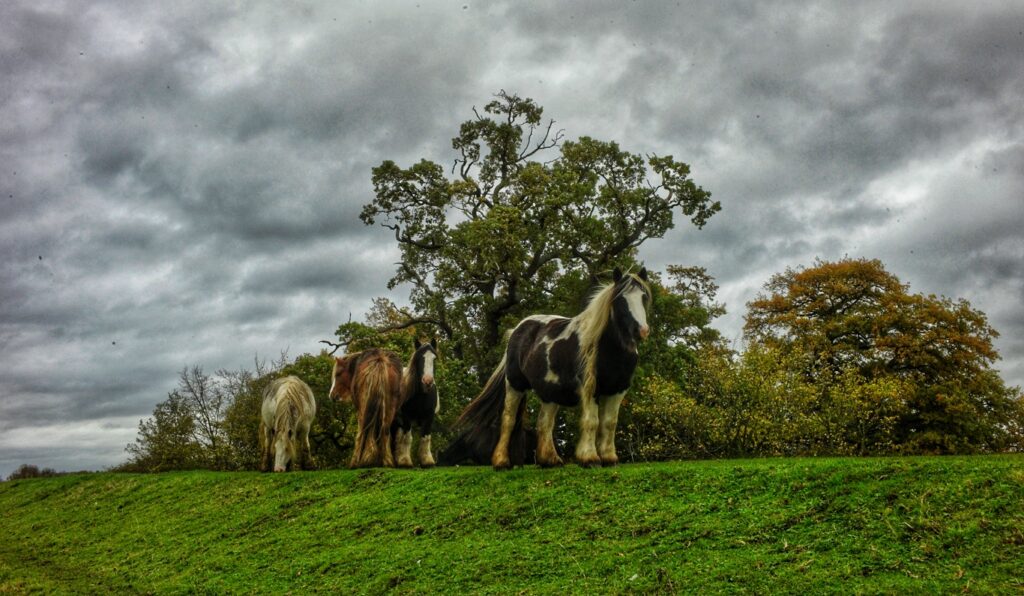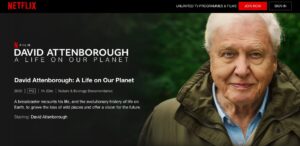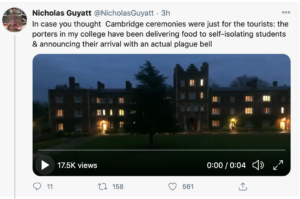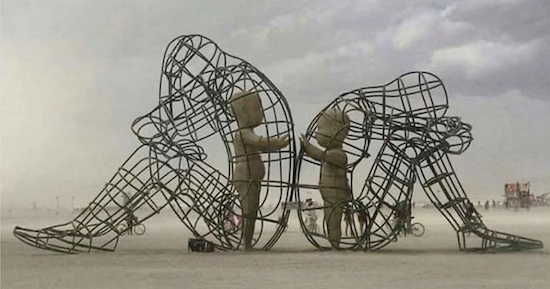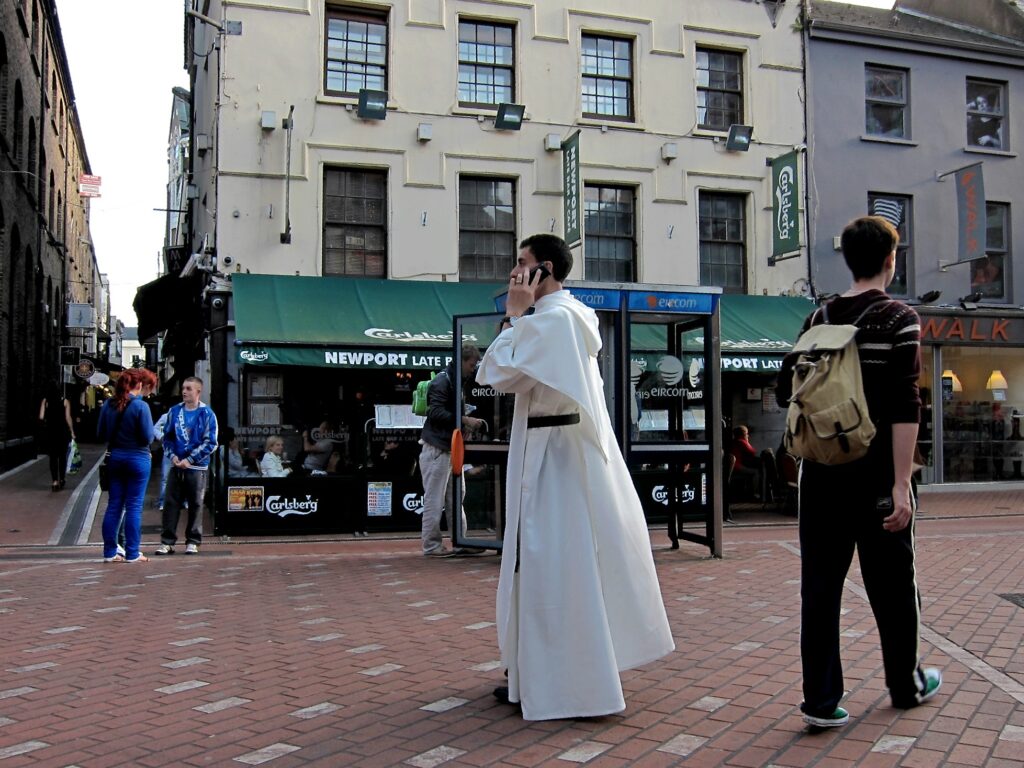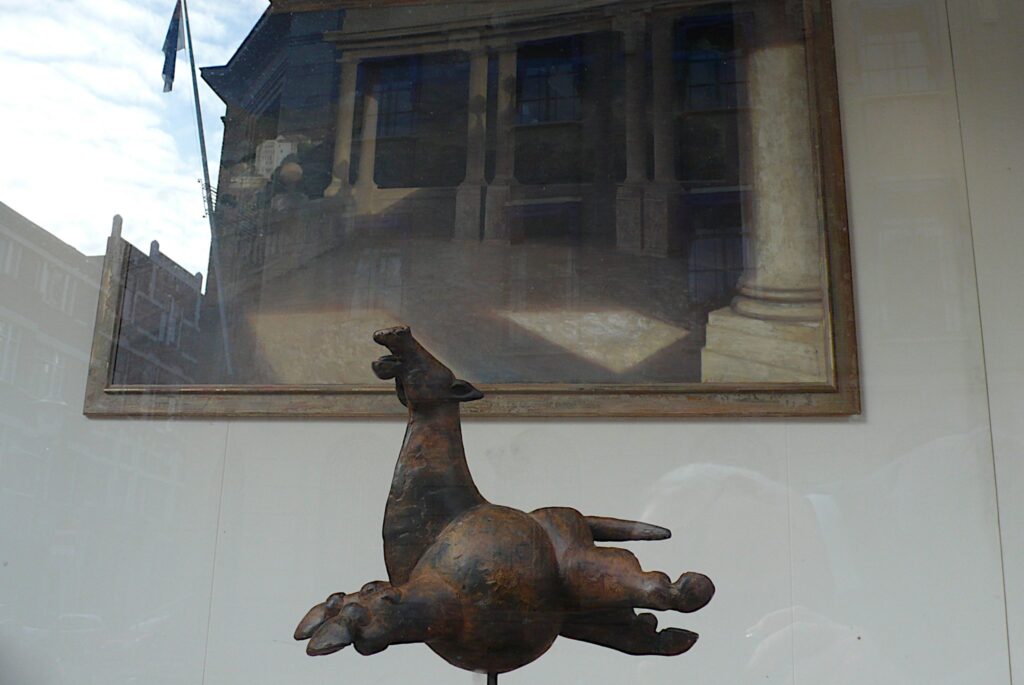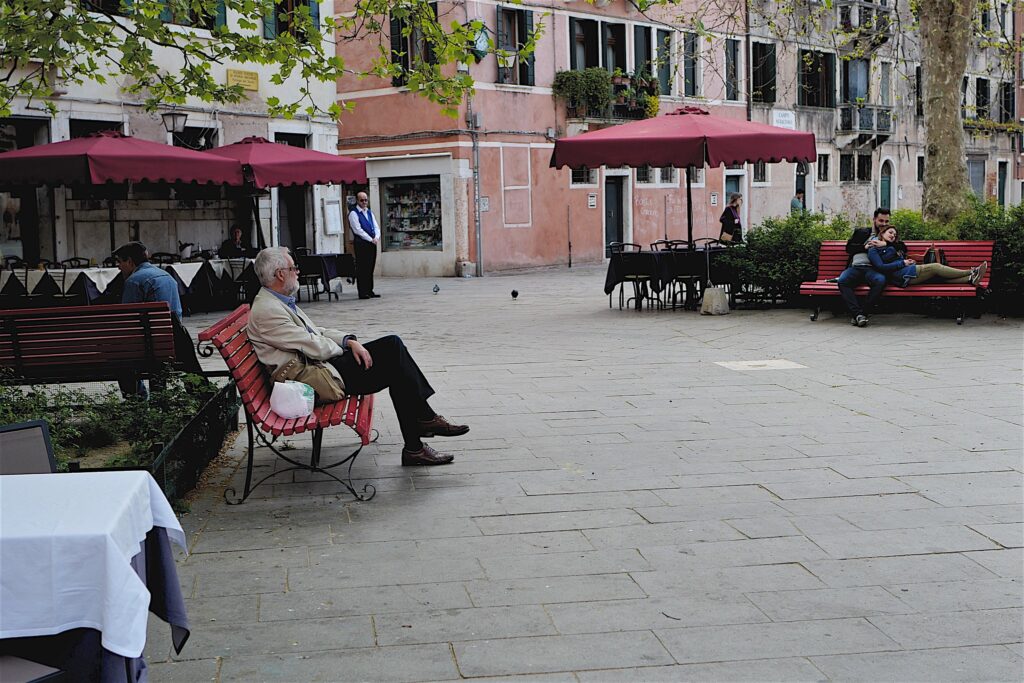A video for November 3, of all days
If you watch nothing else today, watch this. Gordon Parks was a novelist, poet, musician, composer, painter, and film director, but he was best known for his photography.
Thanks to Jason Kottke for spotting it.
Quote of the Day
“Many Things that have been printed and published, as true Relations, were only by Artifice and Imposture, Impositions upon credulous Persons.”
- Erasmus
Musical alternative to the morning’s radio news
Chuck Berry – Roll over Beethoven 1972
Magical!
Long read of the Day
What kind of country do we want? Terrific NYRB essay by Marilynne Robinson. Snippet:
Without an acknowledgment of the grief brought into the whole world by the coronavirus, which is very much the effect of sorrows that plagued the world before this crisis came down on us, it might seem like blindness or denial to say that the hiatus prompted by the crisis may offer us an opportunity for a great emancipation, one that would do the whole world good. The snare in which humanity has been caught is an economics—great industry and commerce in service to great markets, with ethical restraint and respect for the distinctiveness of cultures, including our own, having fallen away in eager deference to profitability. This is not new, except for the way an unembarrassed opportunism has been enshrined among the laws of nature and has flourished destructively in the near absence of resistance or criticism. Options now suddenly open to us would have been unthinkable six months ago. The prestige of what was until very lately the world economic order lingers on despite the fact that the system itself is now revealed as a tenuous set of arrangements that have been highly profitable for some people but gravely damaging to the world. These arrangements have been exposed as not really a system at all—insofar as that word implies stable, rational, intentional, defensible design.
Here is the first question that must be asked: What have we done with America? Over the decades we have consented, passively for the most part, to a kind of change that has made this country a disappointment to itself, an imaginary prison with real prisoners in it. Now those imaginary walls have fallen, if we choose to notice. We can consider what kind of habitation, what kind of home, we want this country to be…
Trustbusting Google
Cory Doctorow’s OpEd for The Daily Beast is, finally, published — and very good it is too. Here’s a sample:
When Microsoft came to dominate 95% of the desktop, the DoJ stepped in again to punish it, and if they failed in their breakup bid, at least they cowed the Beast of Redmond so that it stopped killing startups the way it had with Netscape, allowing Google to rise.
What we didn’t understand was that Ronald Reagan had gutshot US antitrust enforcement and these were its last gasps, as it bled out over two decades.
We didn’t understand how thoroughly Reagan’s court sorcerer, Robert Bork, had transformed the consensus on monopolies.
We didn’t understand that every president that came after Reagan, right up to today, would continue to encourage monopolization under cover of the doctrine of Robert Bork, creating a world where every industry has collapsed into oligarchy.
Five publishers
Four studios
Three labels
Two brewers
One eyewear company
and falling.
Which is why the federal Google antitrust action is exciting – not merely because the complaint threads the impossible narrow eye of Robert Bork’s needle for anti-monopoly enforcement; but because it made so many people recognize that getting Google for search dominance is like getting Capone on tax-evasion. The pretense that monopolies are good, actually, is wearing so thin that even its beneficiaries are doubting it.
Other, possibly interesting, links
- The AI Which Mistook a Bald Head for a Soccer Ball. An AI controlled camera which was supposed to follow the ball, kept following the bald pate of a linesman. Link
- Who are the most influential academics?. This websiteclaims to have objective measures for ranking scholars. Funnily enough, most of them appear to be Americans. Now isn’t that interesting.
- A new Raspberry Pi built into a keyboard.. Neat idea. There’s an informative and fair review on ArsTechnica. I’ve ordered one, out of curiosity to see how it compares with an earlier 4GB Pi I’ve been running.
This blog is also available as a daily email. If you think this might suit you better, why not subscribe? One email a day, delivered to your inbox at 7am UK time. It’s free, and there’s a one-click unsubscribe if your decide that your inbox is full enough already!

